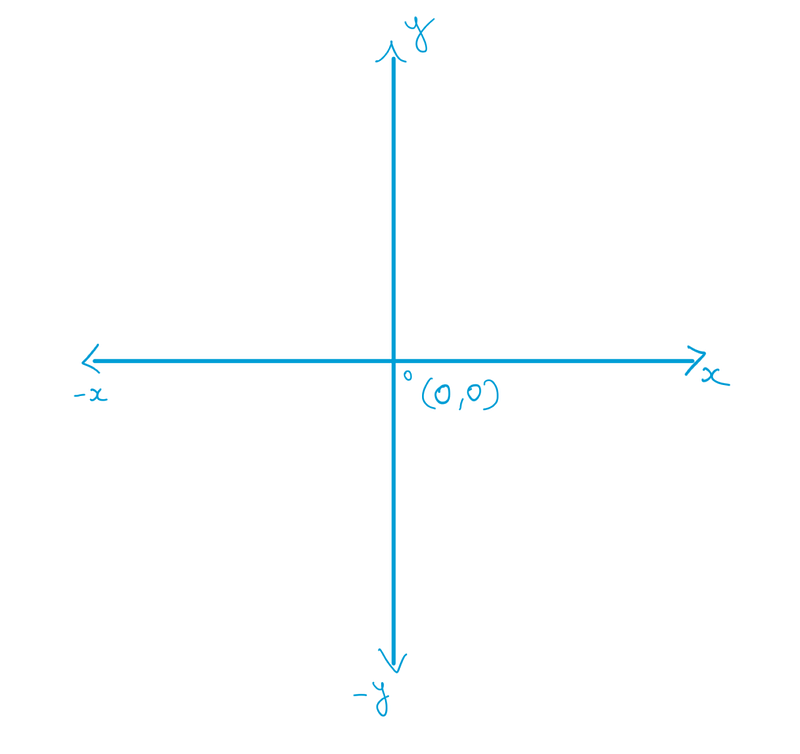Understanding the Complexities of Dividing Zero by Zero
Written on
Chapter 1: The Dilemma of Dividing Zero
The question of what happens when you attempt to divide zero by zero is more complex than it may initially seem. This inquiry began when I was exploring the broader question: What truly occurs when dividing by zero? Following my exploration, I received numerous comments from math enthusiasts asserting that division by zero results in infinity. Intrigued by this notion, I delved into whether division by zero genuinely leads to infinity. Yet, one significant question lingered in the air:
"What is the outcome of 0/0?" This article aims to shed light on this conundrum.
Zero: A Unique Number
At first glance, the equation 0/0 appears straightforward, but it harbors complexities beneath the surface. The difficulty arises from the very nature of zero. Unlike any other numeral, zero possesses a distinct definition that is often misconstrued. Generally, we perceive zero as synonymous with ‘nothing,’ ‘empty,’ or ‘void.’ However, it more accurately represents ‘the absence of something.’
To grasp this concept, context is essential. If we label zero as ‘nothing’ or ‘empty,’ it becomes too ambiguous, leading to logical inconsistencies, particularly in mathematics. For instance, if you're socializing with a friend and she remarks, “There’s zero in the fridge!” your immediate reaction might be confusion. Upon clarifying that she means “zero apples,” the context becomes clear.
What Does 0/0 Represent in Everyday Life?
To comprehend the meaning of 0/0, we first need to examine division in practical scenarios. Division functions as a method to allocate items among individuals or groups. For example, if we have 20 apples and 4 people, dividing them equally results in each person receiving 5 apples. This division process involves repeatedly subtracting 4 from 20 until we reach zero, demonstrating how division operates.
Now, what does 0/0 signify in this context? We’re attempting to divide zero apples among zero individuals, a scenario that lacks logical coherence. Thus, 0/0 emerges as an absurd question in daily life.
The Meaning of 0/0 in Mathematics
Mathematics allows for situations that often defy everyday logic. In this realm, 0/0 is not as rare as it is in our daily experiences. A math enthusiast once suggested that 0/0 equates to 1, likely treating zero as just another numeral. However, zero is unique and should not be equated to other numbers.
To make sense of this, let's explore situations that may lead to 0/0. Consider the equation x/y, where x and y are any numbers, including zero. The complexity arises from the fact that both x and y can take on diverse values. For our analysis, we will focus on instances where x and y are directly linked.
Lines Through the Origin (0,0)
To illustrate, let’s examine a graph in the x-y plane, where both x and y equal zero at the origin. We will consider four specific lines that pass through this origin and observe what occurs when we divide x by y.

First, consider the line where x=y. This line intersects the origin at the point (0,0). Along this line, dividing x by y yields 1, suggesting that at the origin, x/y = 0/0 = 1. For now, let’s not delve into the accuracy of this conclusion and proceed to the next line.
Next, evaluate the line where x=-y. This line also intersects the origin. If we divide x by y along this line, the outcome is -1, which differs from our previous result.
Now, let’s analyze the line y=0. Here, division leads to an ‘undefined’ result due to the zero in the denominator. Thus, at the origin, we can conclude that x/y = 0/0 = ‘undefined.’
Lastly, consider the line x=0. This vertical line also intersects the origin. Dividing x by y along this line results in 0, as there is zero in the numerator. Thus, we might conclude that at the origin, x/y = 0/0 = 0.
What is the Conclusion?
Having examined four distinct lines, we find that each one leads to different results for 0/0. If we continue this analysis, we would discover that 0/0 can yield any value that satisfies the equation of the line being considered. In essence, 0/0 can represent an infinite number of values depending on the context.
Ultimately, we can logically conclude that 0/0 is ‘undefined.’ This conclusion aligns with our understanding that any rational number divided by zero also results in ‘undefined,’ but the reasoning behind 0/0’s undefined status is fundamentally different.
Credit: My exploration of this concept draws inspiration from the work of James Grime.
I hope this article provides valuable insights. If you enjoyed it, consider showing your support by clapping, following, and subscribing.
Further reading that might interest you: Why Does Temperature Have No Upper Limit? and How Does the Human Brain Miss the Second ‘The’?
You can read the original essay here.
Chapter 2: Exploring Division by Zero
In the first video, "Actually, you CAN divide by zero," we delve into the surprising concept that dividing by zero can be more nuanced than commonly understood.
The second video, "0 divided by 0," continues our exploration into the intricacies of zero division and its implications in mathematics.